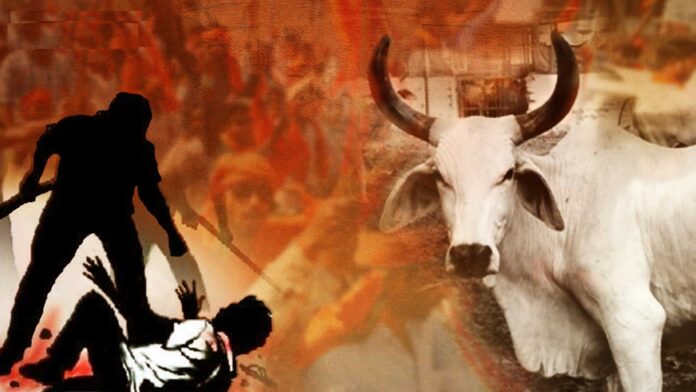An BBC investigative report into some of the lynching cases has discovered that the police investigations were biased against the victims and their family members and no action was not taken against the culprits.
In its findings, the report said, “There are three points which have come out from the investigation done by the BBC into four cases: that in one case victim’s family had to migrate from their village; in none of the cases, the victim family considered the police investigation as unbiased; and charge sheets were not filed against the accused named in the FIR.”
The BBC report done by Kirti Dubey has investigated four lynching cases from Uttar Pradesh’s four districts; Sonbhadhra, Bulandshahar, Muradabad and Mathura. Uttar Pradesh reported most number of cases of hate crimes, according to a 2019 report by Human rights organization Amnesty International.
Meanwhile, there is no data with regard to the incidents of hate crimes happening across the country. The BBC has collected data of hate crimes incidents that happened in 2016 and in 2021. According to the data, it was found that 11 serious cases of hate crimes were reported from January to August in 2016, while 24 cases were reported in 2021.
The latest BBC investigative report into four cases has revealed that the police did not register and arrest the main culprit whom the victim’s family members accused of committing crimes. Therefore, the accused who were arrested in these cases are out on bail and the victims were forced to compromise in some of the hate crime cases.
On 20 March 2019, Anwar Ali (50) was lynched in Sonbhadra’s Parsoi village when he came out to oppose the demolition of Imam chowk. Two years have been passed but the hearing into the cases was not completed so far. The victim’s family allege that Ravinder Kharwar, a teacher associated with RSS is the mastermind behind the lynching of Ali. Kharwar is the one who started spreading hatred against Muslims in the village after he was posted there but the police did not take action against him. The family members even asked the police as to why he was not arrested but the police refused to take action against them. Kharwar was neither named in the charge sheet nor was called for the interrogation at the police station, according to the report.
On 2 May 2017, Ghulam Ahmed was lynched in Bulandshahar’s Sohi village of Bulandshahar. The 60-year-old was killed because a Muslim man from his village had eloped with a Hindu woman. Ten people, including a villager and 9 people associated with Hindu Yuva Vahini were arrested in the lynching case. After Ahmed’s lynching, his family members were forced to migrate from the village. All the miscreants were set free as the family was forced to compromise on the case after taking some amount of money. The eyewitnesses in the case refused to testify in the court due to the fear from the villagers.
On 4 June this year, Sher Khan was lynched by cow vigilantes. The police booked one of the culprits whom his family members accused of killing Khan. While the police filed an FIR against unknown villagers, the family members believed that it’s Chandrasekhar Baba who shot Khan. On the contrary, Khan’s family members were booked by the police for cow smuggling on the Chandra Shekhar’s complaint, revealed Dubey’s BBC report.
In May 2021, Shukir Qureshi was brutally assaulted when he was going to give buffalo meat to someone. 6 accused including Manoj Thakur were arrested. Thakur who is the main accused in the case is out on bail now.



